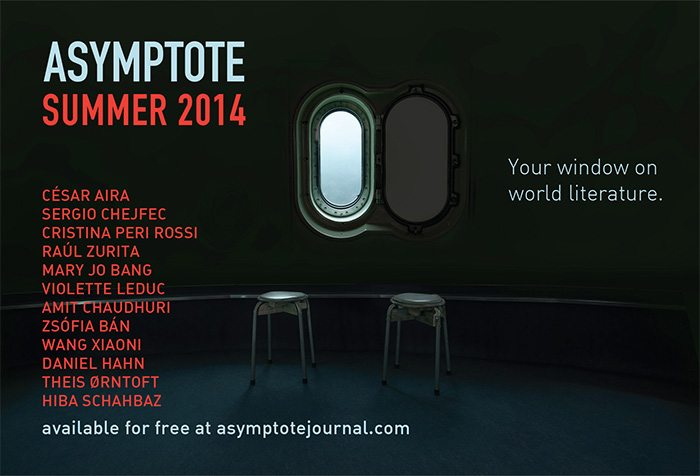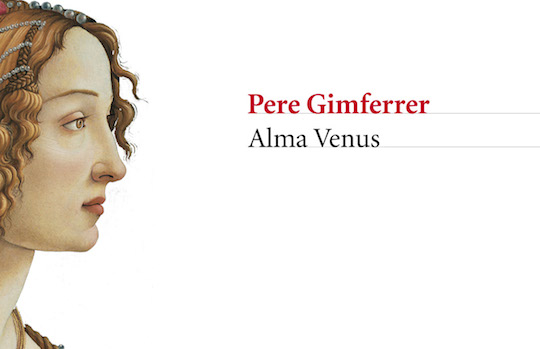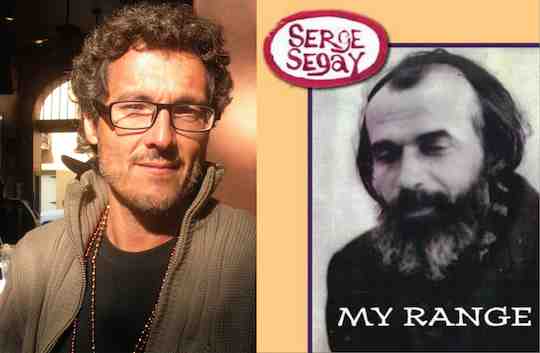Asymptote’s poetry editor Aditi Machado has curated across the gutter and five continents. In light of Asymptote’s July issue, I interviewed Aditi, and her responses run the gamut: what follows is an in-depth interview with insight into arranging an issue, poetry in translation, and embracing vulnerability when reading.
Many think that reading poetry requires a specific literacy—is the same true for reading translation, or poetry in translation?
Reading anything requires specific forms of literacy, even reading a newspaper. With poetry, I think we’re less aware of skills we may already have or of those that may be gained. Additionally, we’re extremely sensitive about our lack in these skills—or, if we feel we do have them, we might be able to articulate how we learned them and how much further we have to go. It’s a special privilege, being literate about one’s literacy. READ MORE…













